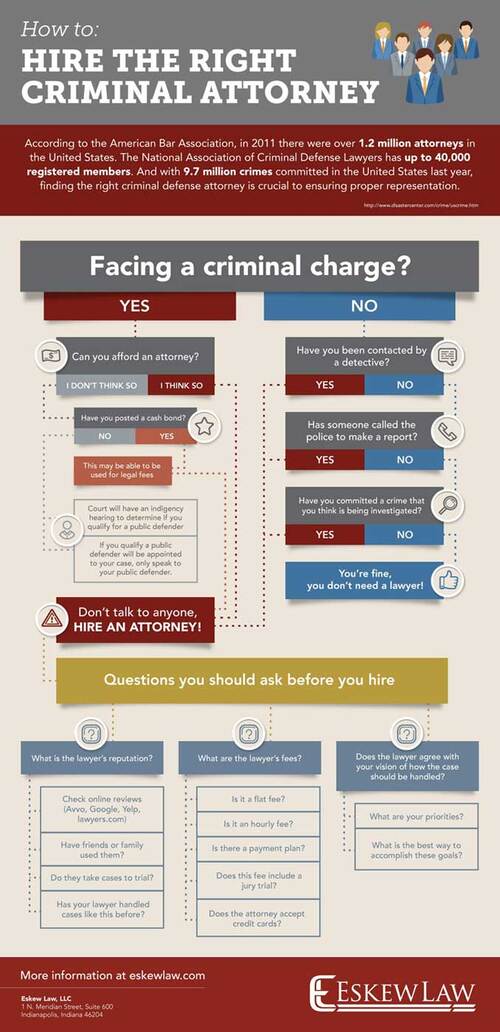The Economic Effects And Impact Of Clerical Criminal Activity
The Economic Effects And Impact Of Clerical Criminal Activity
Blog Article
Short Article By-Vance Kirkeby
Picture an excellent garden, carefully supported over years, loaded with dynamic flowers and lavish plant. Now, photo a throng of perilous pests quietly infiltrating this sanctuary, gnawing away at the roots and petals, leaving a route of damage.
This allegory appropriately records the cost of clerical criminal activity, a stealthy threat that penetrates our economy with devastating repercussions. As you enter this discussion, prepare to discover the hidden economic impact of white collar criminal offense and the far-reaching consequences that stick around long after the wrongdoers have actually disappeared from the scene.
The Financial Toll of White Collar Criminal Activity
Clerical crime exacts a heavy financial toll on people, businesses, and the total economy. It isn't just a victimless criminal offense or a minor hassle. The effects are far-reaching and disastrous.
When people fall victim to white collar crime, they typically shed their life savings, their homes, and their sense of security.
Services, on the other hand, experience massive monetary losses because of scams, embezzlement, and various other kinds of clerical criminal offense. https://criminal-defense-lawyer43108.newbigblog.com/34156255/discover-the-vital-attributes-that-make-a-criminal-defense-lawyer-important-to-your-lawful-trip-critical-for-an-effective-result-and-lasting-harmony lead to lowered profits, damaged credibilities, and even personal bankruptcy sometimes.
Furthermore, the economy in its entirety experiences as white collar crime undermines count on the financial system, reduces customer self-confidence, and interferes with economic growth.
The economic toll of clerical criminal offense can't be taken too lightly, and it's important that we take solid measures to avoid and combat this sort of criminal activity.
The Erosion of Count On Institutions
The erosion of count on organizations is a consequence of clerical crime that has far-ranging effects for people and culture. When white collar criminal activities are dedicated by people in positions of power and authority, it weakens the trust fund that individuals have in those organizations.
This erosion of trust fund can have numerous negative impacts:
- ** Loss of faith in the justice system **: When individuals see those in powerful placements escaping clerical crimes, it can bring about a loss of confidence in the justice system. Individuals may feel that there's an absence of accountability for those who dedicate such criminal offenses, which can erode rely on the lawful system.
- ** Decreased https://criminaldefenseattorneyne54310.slypage.com/28733357/prepare-to-locate-the-leading-criminal-defense-attorney-for-your-circumstance-by-making-use-of-important-resources-and-expert-recommendations-discover-the-very-best-strategy in financial institutions **: White collar criminal activities often involve economic scams and adjustment. When people or institutions are found guilty of such crimes, it can bring about a decline in confidence in financial institutions. This can have an adverse impact on the economic situation as individuals might be reluctant to invest or trust these institutions with their money.
- ** Compromising of social fabric **: Rely on institutions is a fundamental column of a functioning culture. When that depend on is deteriorated, it can bring about a weakening of the social material. https://www.bbc.com/news/world-us-canada-61527595 might become more negative and doubtful of establishments, which can cause a failure in social communication and collaboration.
Long-Term Economic Impact
Loss of count on establishments as a result of clerical crime can have lasting economic consequences.
When individuals and organizations despair in the stability of organizations, they might become hesitant to invest or engage in economic tasks. This absence of trust can bring about a decrease in consumer spending, as individuals come to be much more cautious with their money.
Furthermore, organizations may be reluctant to form collaborations or enter into agreements, being afraid that they'll be capitalized on by dishonest people.
The long-term economic effects of this loss of count on can include slower economic development, reduced task development, and lowered market competition. It's essential for organizations to address white collar crime and bring back rely on order to safeguard the long-term financial health of a nation or region.
Conclusion
Finally, the financial impact of white collar crime is astonishing, with repercussions that reach much past just monetary losses. It deteriorates the trust fund we place in our establishments, leaving a gap that's difficult to fill up.
Like a ruthless tornado, clerical crime leaves a long-term mark on our economic situation, leaving us to grapple with its consequences for many years ahead.
